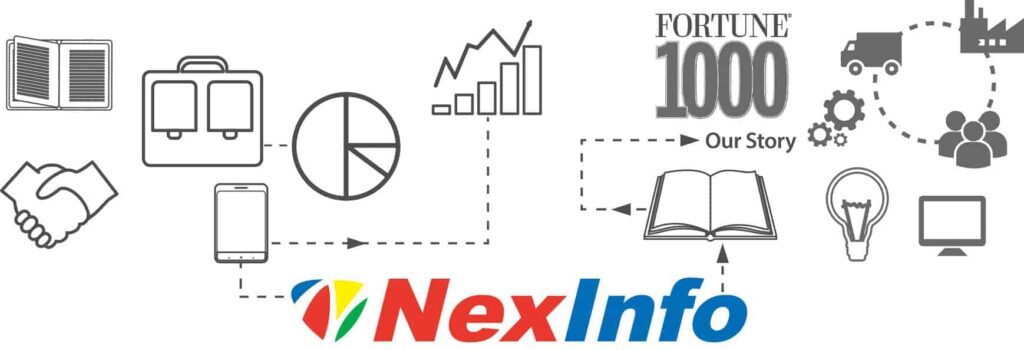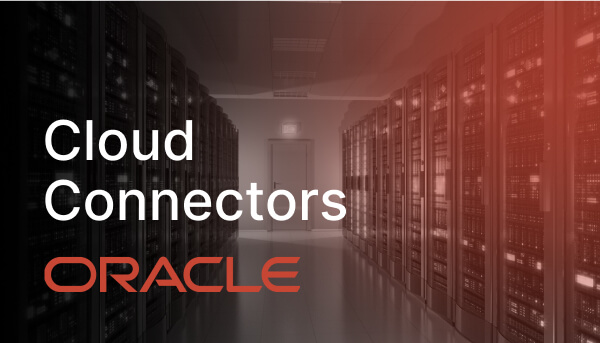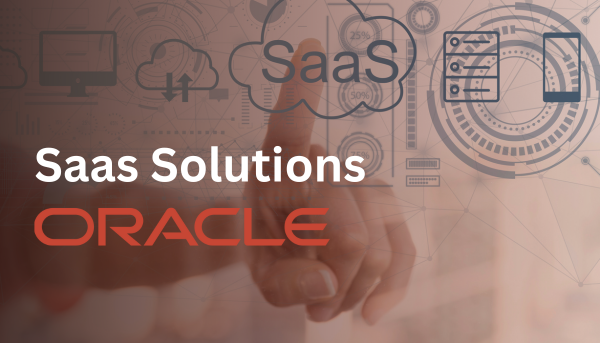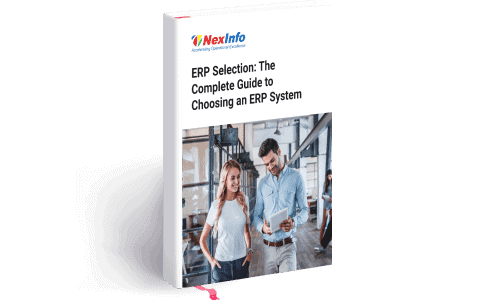According to Grandview Research, the 2022 ERP global market value reached USD 54.76 billion, with an expected CAGR of 11% between 2023 and 2030. With more SMBs and enterprise organizations adopting ERP, it’s important for all decision-makers to fully understand what ERP implementation is and all that’s involved in software deployment.
Our guide to ERP system implementation covers the importance of integrating an ERP into your business systems. We also walk you through what’s involved in ERP implementation methodology.
What Is an ERP Implementation?
Businesses today are dynamic and ever-evolving, consisting of multiple different creative, analytic, and technical departments working together to achieve the same goals.
But what happens when each department remains siloed within its own business processes and systems? Workflows stall, financial data is lost in translation, and unnecessary inefficiencies arise that impact productivity, customer experience, and ultimately financial success.
That’s where ERPs come in. Enterprise resource planning (ERP) software is a centralized platform used organization-wide as a single source of truth for day-to-day operations, workflows, and reporting data.
ERPs work by integrating with existing critical infrastructure, such as human resources, customer relationship management, supply chain, and accounting software to automatically gather data into a centralized view.
- Does Your Company Need an ERP?
- ERP Implementation Tips
- ERP Success and Failure Stories
- ERP Implementation Checklist
By using ERPs, businesses can bring together their previously isolated departments into one overall system for the daily management of all activities. The system collects a complete inventory of each department’s data, making it more efficient and accurate to analyze business performance.
Top Benefits of ERP Software for Businesses
ERP software standardizes operations and reporting, uniting departments previously using disparate processes and systems.
As a result, ERPs provide businesses with numerous critical financial and strategic benefits, including:
- Centralized data: The centralization of organizational workflows and procedures is the primary benefit of an ERP. ERPs enable cross-departmental collaboration and prevent wasted resources.
- Heightened data security: Since your ERP is your business’s single source of truth, it’s a much more secure way of storing sensitive data. Keeping information stored in one secure platform minimizes the risk of lost, corrupted, or compromised data, helping to ensure compliance.
- Optimized productivity: ERP solutions automate repetitive duties that each department performs individually, saving project teams time on standard steps and tasks.
- Enhanced visibility: Given the centralized nature of ERPs, it’s no wonder one of the key benefits of ERP implementation is that it enhances all team members’ visibility into critical project insights or other essential aspects of the business. ERPs also allow managers to pull real-time reports for improved strategic decision-making.
- Increased flexibility: ERPs are scalable to accommodate changing business needs, allowing the addition or removal of functionalities.
- Improved cost efficiencies: Businesses observe ERP’s growing cost-effectiveness over time as productivity improves, providing ROI through better efficiency.

Image Source: Pexels
What Is the ERP Implementation Process?
If you’ve decided your business needs an ERP system, then it’s important to understand the ERP implementation process, timeline, and what to expect over the course of the deployment.
Depending on the company you work with for deployment, there may be different types of ERP implementation approaches. However, it’s important for your consultant to have a tailored methodology of ERP implementation that ensures a proper set-up for your business.
Below are the steps needed to implement an ERP system so you can be better prepared for deploying your enterprise resource planning solution:
- Select implementation team: Choose the team that will be responsible for the ERP rollout, including a lead project manager. You can handle the deployment of your ERP project either in-house or by hiring experienced outside consultants to implement the chosen platform.
- Create an implementation plan: Implementation methodology begins by conducting an analysis of the business requirements for the ERP. This includes looking at the necessary resources, how to handle change management and the overall ERP project budget. It also involves understanding how the legacy systems will integrate into the new cloud ERP platform.
- Design and develop the ERP: After planning the implementation project, the team will design and develop the ERP business processes for your business. The ERP’s integration with the business will be governed by detailed processes and overseen by the implementation team.
Looking to Get Started with an ERP?
- Perform data migration: In the migration phase, the successful integration of legacy software data into the new ERP is ensured. It’s essential that this phase be handled by experienced technical experts who can ensure data continuity throughout the process.
- Test the ERP: Once the ERP is fully established, it’s important to undergo a test phase before going live. The test phase gives businesses time to work out any bugs and to ensure the data integrity of the system.
- Train users: Businesses should invest time in a user ERP training program that will allow employees and stakeholders an opportunity to become familiar with the system. High adoption rates and skilled use of the new ERP are what ensures your business achieves an ROI on the new system.
- Launch the ERP: After users feel comfortable with the platform, businesses can take the ERP live. The organization’s size and available resources determine whether to launch an ERP in phases or all at once.
- Evaluate the ERP implementation: After using the ERP for a period, reflect on the implementation process to evaluate its success.
What Is ERP Integration?
A successful ERP implementation often hinges on how well legacy systems can integrate with the chosen ERP. Companies switching to centralized ERP usually have multiple cloud systems, software, hardware, mobile devices, and services in place.
Some of the necessary legacy integrations to consider before ERP implementation include:
- Human resources information systems/payroll (HRIS), like ADP
- Customer relationship management (CRM), like Salesforce
- Industry-specialized systems like Lease Management, Print Management, etc.
- Procurement systems
- Quality systems
- Product Management (PDM) systems
- Warehouse management systems (WMS)
- Financial planning and analysis (FP&A) tools
- Datawarehouse & Reporting systems
By integrating these solutions into your ERP, data can flow seamlessly and automate processes for end-to-end efficiency. Proper configuration is key to streamlining the ERP process and enabling its optimal effectiveness.
What Is an ERP System Implementation Consultant?
ERP systems are becoming an industry-standard solution for streamlining workflow, improving data compliance, and maximizing financial health. With an ERP solution, businesses can make informed strategic decisions based on the most realistic view of the organization.
Reap the benefits of an ERP system for your growing business. Consider investing in Oracle Fusion Cloud, the market-leading ERP solution for SMBs and enterprise organizations.
ERP implementation is a complex and highly involved process, requiring experts with years of experience handling the challenges that arise during deployment. Work with a leading Oracle Fusion Cloud ERP implementation provider by choosing NexInfo.
An ERP consultant works with you to understand your business processes in Financials, Procurement, Inventory, Warehousing, Shipping, etc. The consultant will then map these processes to the modern ERP that you are proposing to implement and use. The consultant then designs the new ERP system and tailors the configurations to make it reflect the jobs of the people at your company. The NexInfo consultant guides users through the system, transfers data from old systems, and devises a testing plan to ensure a successful launch. After you test and verify that it meets your needs, you migrate to the new system. The ERP consultant handholds this entire process with their experience and expertise.
With 23+ years of ERP deployment experience, NexInfo has the expertise to create a tailored ERP implementation plan that ensures successful ERP deployment for your business.
Contact us today to learn more about our Oracle Fusion Cloud ERP software services. Request a free ERP implementation quote.
Featured Image Source: Pexels








